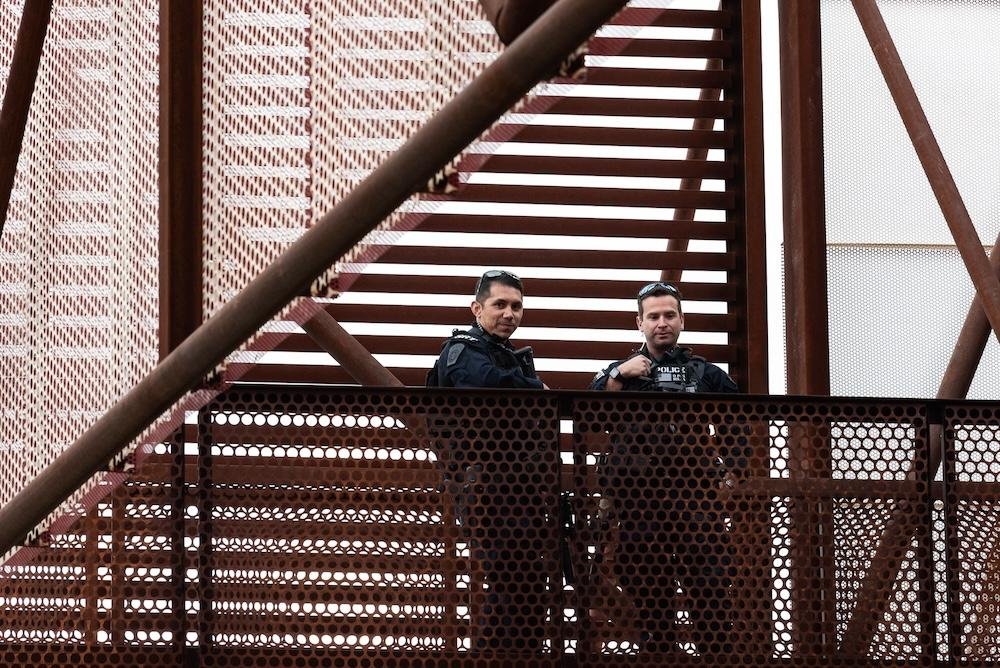border
Iowa Takes Bold Step, Appeals to Federal Court for Immigration Law Enforcement

The Eighth Circuit U.S. Court of Appeals considered Iowa’s law criminalizing the reentry of previously removed immigrants during a hearing in St. Louis on Thursday. The statute, known as Senate File 2340, was passed in March and signed into law by Governor Kim Reynolds in April. It imposes penalties including deportation and up to ten years in prison for noncitizens found in violation of this law.
Iowa Solicitor General Eric Wessan argued that the legislation was introduced in response to a perceived immigration crisis at the southern border. “Iowa was facing an immigration crisis. Responding to that crisis, Iowa enacted the state crime of illegal reentry,” Wessan stated.
In opposition, attorney Emma Winger of the American Immigration Council emphasized that immigration regulation is a federal function. “To permit Iowa, Texas, Oklahoma, Arizona, Florida, to enter their own laws regulating entry and removal is obviously unworkable,” Winger remarked, warning against the chaos of a fragmented regulatory landscape across states.
Additionally, the Iowa Migrant Movement for Justice, along with two individuals referred to as Jane Doe and Elizabeth Roe, filed a federal lawsuit against the state in May. They argue that Iowa’s law infringes on federal authority. The U.S. Justice Department also launched a separate suit, claiming that Iowa’s statute is preempted by federal law, violating the supremacy clause of the U.S. Constitution.
U.S. District Judge Stephen Locher halted the law’s enforcement before its scheduled start on July 1, noting that the plaintiffs likely have a strong case arguing for federal preemption of Iowa’s measures.
In its effort to reinstate the law, the state argues that the notion of field preemption undermines state sovereignty. Iowa claims its statute represents a legitimate exercise of police power, arguing against the conflict preemption doctrine which maintains that simultaneous compliance with both federal and state laws is unattainable.
The Iowa Migrant Movement for Justice contended that plaintiffs Doe and Roe face potential re-prosecution and familial separation, having previously been deported and yearning for lawful return. They expressed concern over the trauma associated with possible imprisonment and hardship upon return to their country of origin.
This law mirrors a Texas statute enacted earlier this year, which has also faced legal challenges. The Fifth Circuit Court of Appeals recently maintained an injunction preventing Texas from enforcing its version while court proceedings advance.
The panel for the Eighth Circuit hearing included Judges Duane Benton, Jonathan Kobes, and Senior Judge Morris Arnold.


















